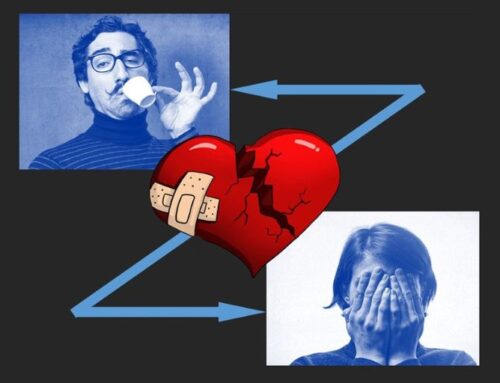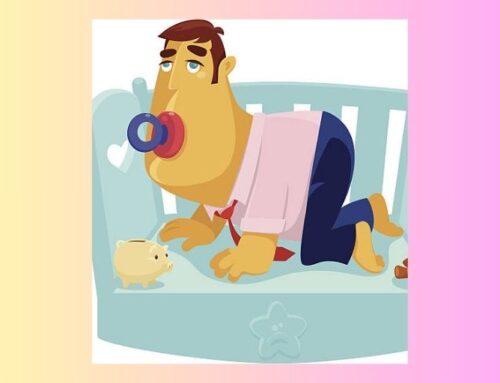“Darling, you feel heavy because you are too full of truth. Open your mouth more. Let the Truth exist somewhere other than inside your body.” Della Hicks-Wilson
Many of us live our lives in fear of letting others know what we feel, need and most deeply yearn for. In other words, we are afraid to let others, including those we purport to love and care about, know Our Truth.
The reasons for our reluctance may vary, but there tends to be one element underlying all those reasons and it is that we have been betrayed, exploited, belittled or disappointed by significant people in our lives – caregivers, friends, partners and family members.
These experiences taught us that we are not safe when we show our vulnerabilities. These experiences taught us that it is dangerous to let others know our truth — that which is essential for us to feel loved, accepted, respected and safe in this world.
Self-Blame, Shame and the Consequences
A common reaction, when we have been mistreated, ignored or violated in some way, is that we go into self-blame and shame. Then we begin to minimize our feelings or even lie about how we feel. The result is that we put all that is fundamental to us, our truth, in a locked box and we bury that box in deepest recesses of our being.
Then, as our willingness to trust important others continues to dissolve, we begin to distance ourselves from them emotionally and sometimes even physically.
As a result, our relationships suffer and our own pain increases.
The Importance of Speaking Our Truth
“Truth never damages a cause that is just.” Mahatma Gandhi
Withdrawing from others is harmful to us. We are social animals by design and we require connection to significant others in order to feel safe in this world. Those relationships help us to navigate the vicissitudes of life — to survive this life in every sense of the word. We need the support of others. We cannot do it alone.
So, we have to understand and accept that it is okay to communicate what we feel, need and desire in our closest relationships. It is the way we build stronger, more intimate and healthier relationships.
To do this, we must put aside our fear of revealing ourselves — our fear of becoming vulnerable. However, we need to do that wisely.
It’s important to acknowledge at this point that we are not children anymore. Today, we are old enough and resourceful enough to take a stand for ourselves and do it well and safely. And what we don’t know, we can learn. After all, we acquire new skills every day, don’t we?
Remember this. Our truth should be vital information for anyone who says they really care about us. And if it isn’t important to them, then they are probably not the best people to be in a relationship with, whatever the nature of the bond, be it social, romantic or biological.
It’s that simple.
Our Most Important Relationship
“This above all: to thine own self be true.” William Shakespeare
It is often and accurately said that the most important relationship we have is with ourselves. So, to stay in integrity with ourselves, to properly care for ourselves, we need to come clean with those who matter. We need to put those heartfelt needs into words and allow those words to come out of our mouths.
However, in communicating our truth, we need to do that in a way that both protects us and is respectful of the other person.
In Speaking Our Truth, Part II. I’ll offer some strategies to safely and respectfully communicate our truth to others.







